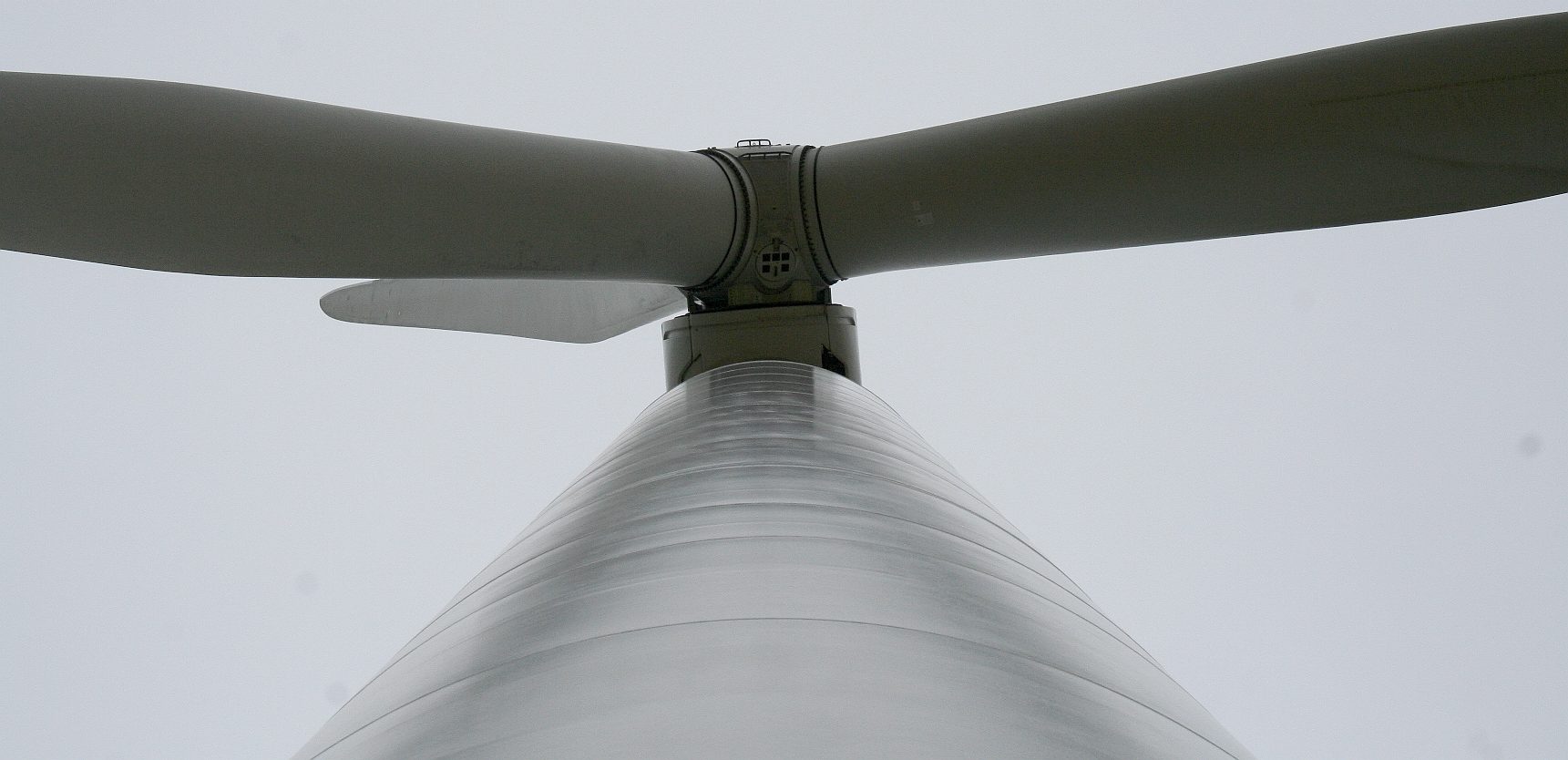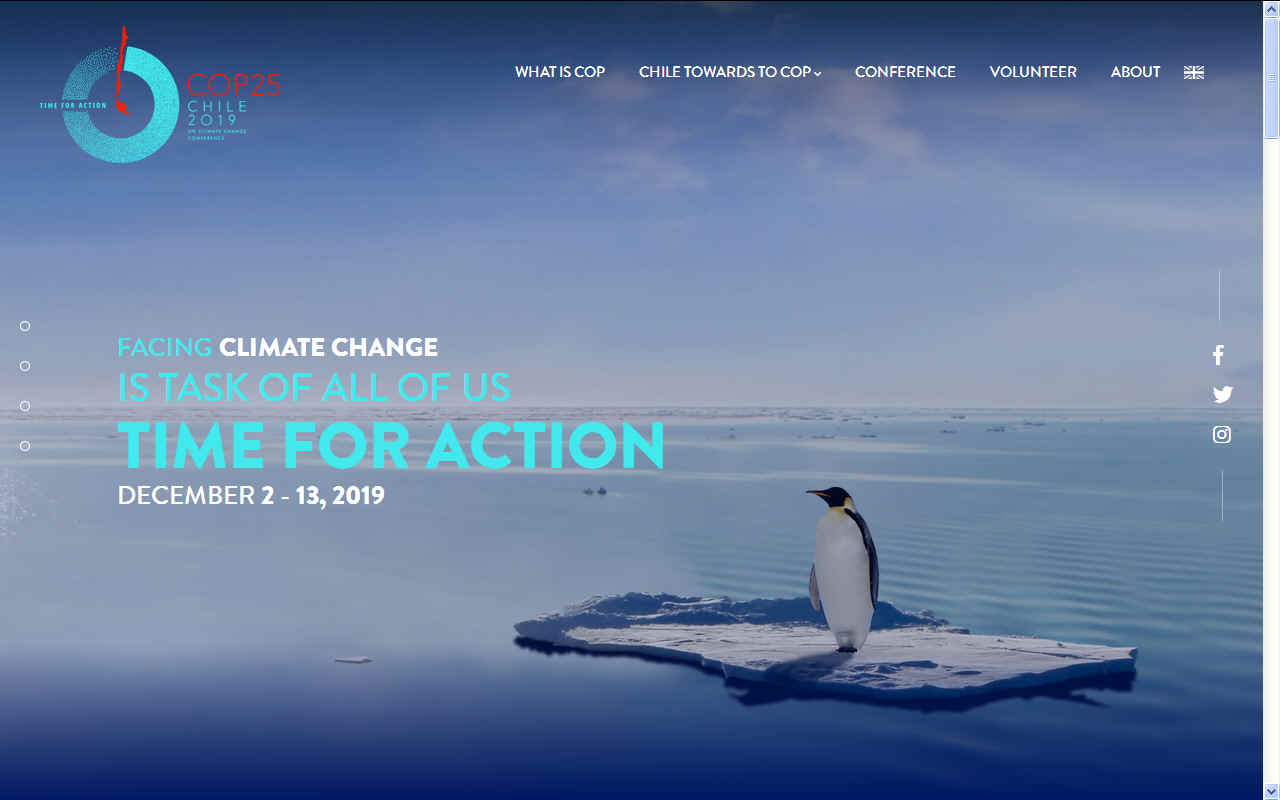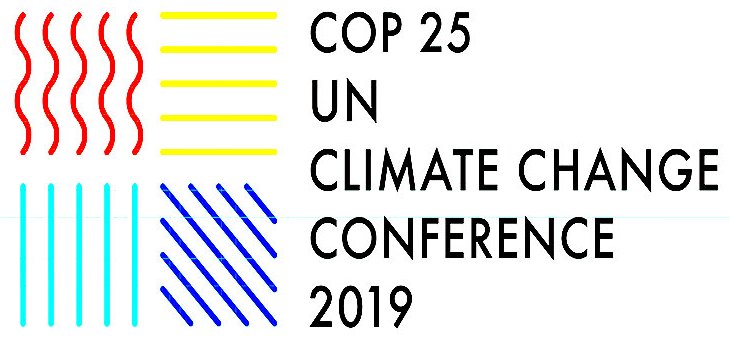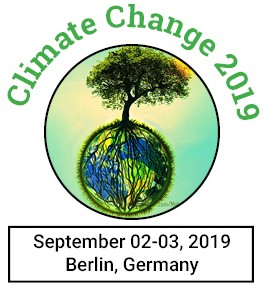|
WORLD CONFERENCE BERLIN 19
|
BERLIN 2019 - The them for this year's event is an insider's view of climate science, politics and solutions.
The planet's normal surface temperature has ascended around 1.62oF (0.9oC) since the late nineteenth century, a change driven to a great extent by expanded
carbon dioxide and other human-made discharges into the atmosphere. Most of the warming happened in the previous 35 years, with the five hottest years on record occurring since 2010. Not exclusively was 2016 the hottest year on record, however eight of the a year that make up the year..
SESSIONS/TRACKS
Basic learning of environment can be used inside shorter term atmosphere envisioning using basic methodologies, for instance, the El Nińo– Southern Oscillation (ENSO), the Madden– Julian faltering (MJO), the North Atlantic influencing (NAO), the Northern Annular Mode (NAM) or, in other words the Arctic faltering (AO), the Northern Pacific (NP) Index, the Pacific decadal faltering (PDO), and the Inter decadal Pacific Oscillation (IPO).
Environment models are used for a collection of purposes from examination of the stream of the atmosphere and climate structure to projections of future air. Atmosphere is known as the condition of nature over some stretch of time, while air needs to do with the cool over a contacted uncertain time span.
Potential effects listed here are just a handful of those discussed in the Intergovernmental Panel on Climate Change’s (IPCC) 2007 report .raising sea levels are the most common concern; taking place with a thermal expansion of the oceans—a result of water molecules expanding in warmer temperatures, increased precipitation, and the melting of mountain glaciers. Because all bodies of water have varying shapes and ocean water tends to “swell” differently depending on its starting temperature, the change in sea level is not uniform over the surface of the Earth. In the 20th century alone, sea levels rose 0.17 meters predictions for the next century range anywhere from 0.18 to 0.59 meters. While smaller projections would likely have only relatively modest impacts, the higher projections could have dramatic effects on low-lying coastal communities.
IN
ACTION
- Wind power is working for us to free us from the shackles of fossil fuels.
BERLIN
2019 CONTACTS Diza Cristopher| Program ManagerClimate Change 2019Conference Series Ltd47 Churchfield Road, London, W3 6AYOffice P: +44 203 769 0972Email: climatechange@expertsconferences.org
CTC'S: SIX STEPS TOWARD A COOLER PLANET
1. TRANSPORT: Phase out polluting vehicles and put limits on air travel. Government aims should aim to end the sale of new petrol, and diesel vehicles by 2040 but presently have no infrastructure plan to support such ambition. This should be addressed. Marine transport can be carbon neutral, but will take longer to change technology.
2. RENEWABLES: Renewable energy should replace carbon-based fuels (coal, oil and gas) in our electricity, heating and for transport.
3. HOUSING: On site micro or macro generation is the best option, starting with new build homes that are low cost and sustainable in concept.
4. AGRICULTURE: We need trees to absorb carbon emissions from a growing population and to build new affordable homes. We should aim to reduce food waste and promote less energy intensive eating habits such as no meat Mondays. This might include developing better meat substitutes. A change to renewable energy for tractors and harvestors should be planned.
5. INDUSTRY: Factories should be aiming for solar heating and onsite renewable energy generation.
6. POLITICS: - National governing bodies need to adopt policies to eliminate administrative wastages, to include scaling down spending on war machines, increasing spend on educating the public and supporting sustainable social policies that mesh with other cultures. Development loans should not be offered to any country where they are in debt. Each loan should be repaid in full before another is considered, to limit economic ruin and overtaxing of their citizens.
CLIMATE CHANGE - The United Nations' climate summit talks are known as COP (= Conference Of the Parties). During these discussions action for climate policy is negotiated with each country fighting for points in a global economic struggle. Nobody wants to give ground, except that every party agrees in principle that they need to make concessions - otherwise, with deaths from heat exhaustion and strokes, eventually, there will be nothing to argue about. We will all be dead.
So far with over twenty-four years of haggling the arctic ice is still melting - and faster than ever. No wonder so many high profile people and corporations are worried. The United Nations Framework Convention on Climate Change (UNFCCC) is an international treaty adopted at the Earth Summit in Rio de Janeiro from 1992. The UNFCCC objective is to "stabilize greenhouse gas concentrations in the atmosphere at a level that would prevent dangerous anthropogenic interference with the climate system".
LINKS & REFERENCE
https://index.conferencesites.eu/conference/35800/6th-world-conference-on-climate-change-2019 https://www.un.org/en/climatechange/ https://www.wccc-2019.com/ https://www.eventbrite.com/e/6th-world-conference-on-climate-change-tickets-54586606008
|
|
This website is provided on a free basis as a public information service. copyright © Climate Change Trust 2019. Solar Studios, BN271RF, United Kingdom.
|





